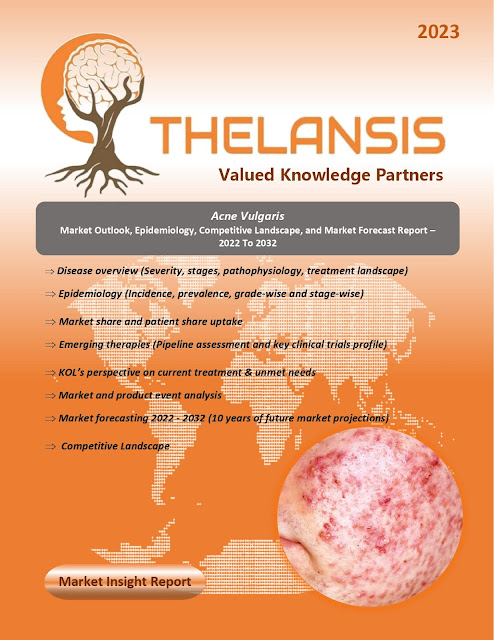Arginase-1 Deficiency – Market outlook, Epidemiology, Competitive Landscape, and Market Forecast Report – 2020 To 2030
Arginase-1 deficiency is a rare inherited disorder characterized by a complete or partial lack of the enzyme arginase in the liver and red blood cells. Arginase is one of six enzymes that play a role in the breakdown and removal of nitrogen from the body, known as the urea cycle. The arginase enzyme's lack results in excessive nitrogen accumulation, in the form of ammonia (hyperammonemia), in the blood and arginine (hyperuricemia) in the cerebrospinal blood fluid. Symptoms associated with arginase-1 deficiency differ from those related to other urea cycle disorders. Most infants with an arginase-1 deficiency do not exhibit any symptoms during the first few months to a year of life. Infants with arginase-1 deficiency infrequently experience severe hyperammonemia or hyperammonemia coma, characteristic of the other urea cycle disorders. Affected children may experience a lag in growth between one and three years and may walk on their toes and develop progressive stiffness and lack of control of voluntary movements of the legs.
Arginase-1
deficiency has been estimated to occur in approximately 1 in 250,000 to 300,000
live births. Arginase-1 deficiency is among the least common of all the urea
cycle disorders.
The competitive
landscape of Arginase-1 Deficiency includes country-specific approved and
pipeline therapies. Any asset/product-specific designation or review and
Accelerated Approval are tracked and supplemented with analyst commentary.
KOLs insights of Arginase-1
Deficiency across 8 MM market from the center of Excellence/ Public/ Private
hospitals participated in the study. Insights around current treatment
landscape, epidemiology, clinical characteristics, future treatment paradigm,
and Unmet needs.
Arginase-1
Deficiency Market
Forecast: Patient Based Forecast Model (MS. Excel Based Automated
Dashboard) which Data Inputs with sourcing, Market Event, and Product Event,
Country specific Forecast Model, Market uptake and patient share uptake,
Attribute Analysis, Analog Analysis, Disease burden, and pricing scenario,
Summary, and Insights.
S. No Asset Company Stage
1 Pegzilarginase Aeglea
Biotherapeutics Phase 3




Comments
Post a Comment